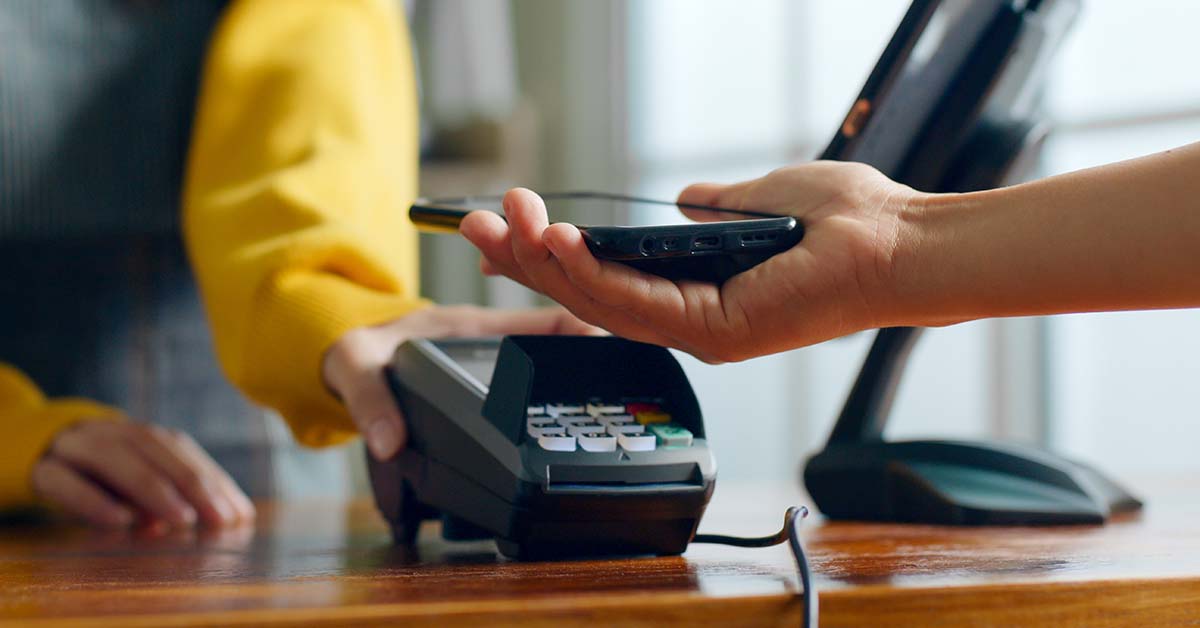Get Rich Scams
What Can I Can Do to Avoid Investment Fraud?
Ask questions. Fraudsters are counting on you not to investigate before you invest. Fend them off by doing your own digging. It’s not enough to ask for more information or for references – fraudsters have no incentive to set you straight. Take the time to do your own independent research. For more about information see Ask Questions.
Research before you invest. Unsolicited emails, message board postings, and company news releases should never be used as the sole basis for your investment decisions. Understand a company’s business and its products or services before investing. Look for the company’s financial statements on the SEC’s EDGAR filing system. You can also check out many investments by searching EDGAR.
Know the salesperson. Spend some time checking out the person touting the investment before you invest – even if you already know the person socially. Always find out whether the securities salespeople who contact you are licensed to sell securities in your state and whether they or their firms have had run-ins with regulators or other investors. You can check out the disciplinary history of brokers and advisers for free using the SEC’s and FINRA’s online databases. Your state securities regulator may have additional information.
Be wary of unsolicited offers. Be especially careful if you receive an unsolicited pitch to invest in a company, or see it praised online, but can’t find current financial information about it from independent sources. It could be a “pump and dump” scheme. Be wary if someone recommends foreign or “off-shore” investments. If something goes wrong, it’s harder to find out what happened and to locate money sent abroad.
Protect yourself online. Online and social marketing sites offer a wealth of opportunity for fraudsters. For tips on how to protect yourself online see Protect Your Social Media Accounts.
Know what to look for. Make yourself knowledgeable about different types of fraud and red flags that may signal investment fraud.
Red flags for fraud and common persuasion tactics
How do successful, financially intelligent people fall prey to investment fraud? Researchers have found that investment fraudsters hit their targets with an array of persuasion techniques that are tailored to the victim’s psychological profile. Here are red flags to look for:
If it sounds too good to be true, it is. Watch for “phantom riches.” Compare promised yields with current returns on well-know stock indexes. Any investment opportunity that claims you’ll receive substantially more could be highly risky – and that means you might lose money. Be careful of claims that an investment will make “incredible gains,” is a “breakout stock pick” or has “huge upside and almost no risk!” Claims like these are hallmarks of extreme risk or outright fraud.
“Guaranteed returns” aren’t. Every investment carries some degree of risk, which is reflected in the rate of return you can expect to receive. If your money is perfectly safe, you’ll most likely get a low return. High returns entail high risks, possibly including a total loss on the investments. Most fraudsters spend a lot of time trying to convince investors that extremely high returns are “guaranteed” or “can’t miss.” They try to plant an image in your head of what your life will be like when you are rich. Don’t believe it.
Beware the “halo” effect. Investors can be blinded by a “halo” effect when a con artist comes across as likeable or trustworthy. Credibility can be faked. Check out actual qualifications.
“Everyone is buying it.” Watch out for pitches that stress how “everyone is investing in this, so you should, too.” Think about whether you are interested in the product. If a sales presentation focuses on how many others have bought the product, this could be a red flag.
Pressure to send money RIGHT NOW. Scam artists often tell their victims that this is a once-in-a-lifetime offer and it will be gone tomorrow. But resist the pressure to invest quickly and take the time you need to investigate before sending money.
Reciprocity. Fraudsters often try to lure investors through free investment seminars, figuring if they do a small favor for you, such as supplying a free lunch, you will do a big favor for them and invest in their product. There is never a reason to make a quick decision on an investment. If you attend a free lunch, take the material home and research both the investment and the individual selling it before you invest. Always make sure the product is right for you and that you understand what you are buying and all the associated fees.
Where can I go for help?
If you have a question or concern about an investment, or you think you have encountered one of these frauds, please contact the SEC, FINRA, or your state securities regulator to report the fraud and to get assistance.
U.S. Securities and Exchange Commission
Office of Investor Education and Advocacy
100 F Street, NE
Washington, DC 20549-0213
Telephone: (800) 732-0330
Fax: (202) 772-9295
Financial Industry Regulatory Authority (FINRA)
FINRA Complaints and Tips
9509 Key West Avenue
Rockville, MD 20850
Telephone: (301) 590-6500
Fax: (866) 397-3290
North American Securities Administrators Association (NASAA)
750 First Street NE
Suite 1140
Washington, DC 20002
Telephone: (202) 737-0900
Fax: (202) 783-3571
For more information, visit investor.gov/protect-your-investments
« Return to "Blog"
Tags

How To Prevent Fraud On Your Checking Account
Fraud can strike when you least expect it—and your checking account is often a prime target.

Protecting Your Finances While Traveling
Whether you’re heading across the globe or just out of town, follow these tips to keep your money and information safe while you travel.

The Benefits of Using Mobile Wallet
Tired of digging out cash or cards at the checkout? Try mobile wallet!





